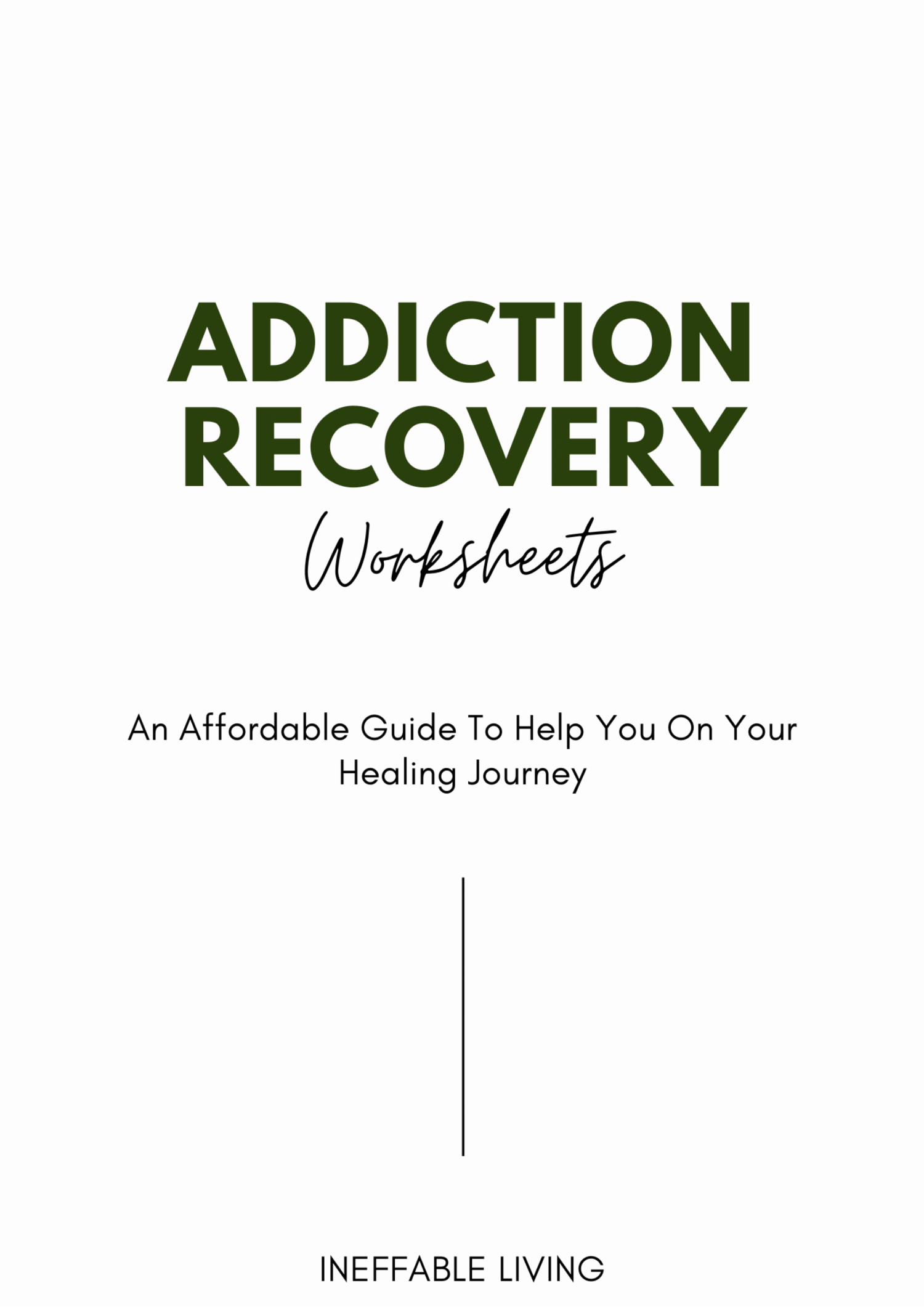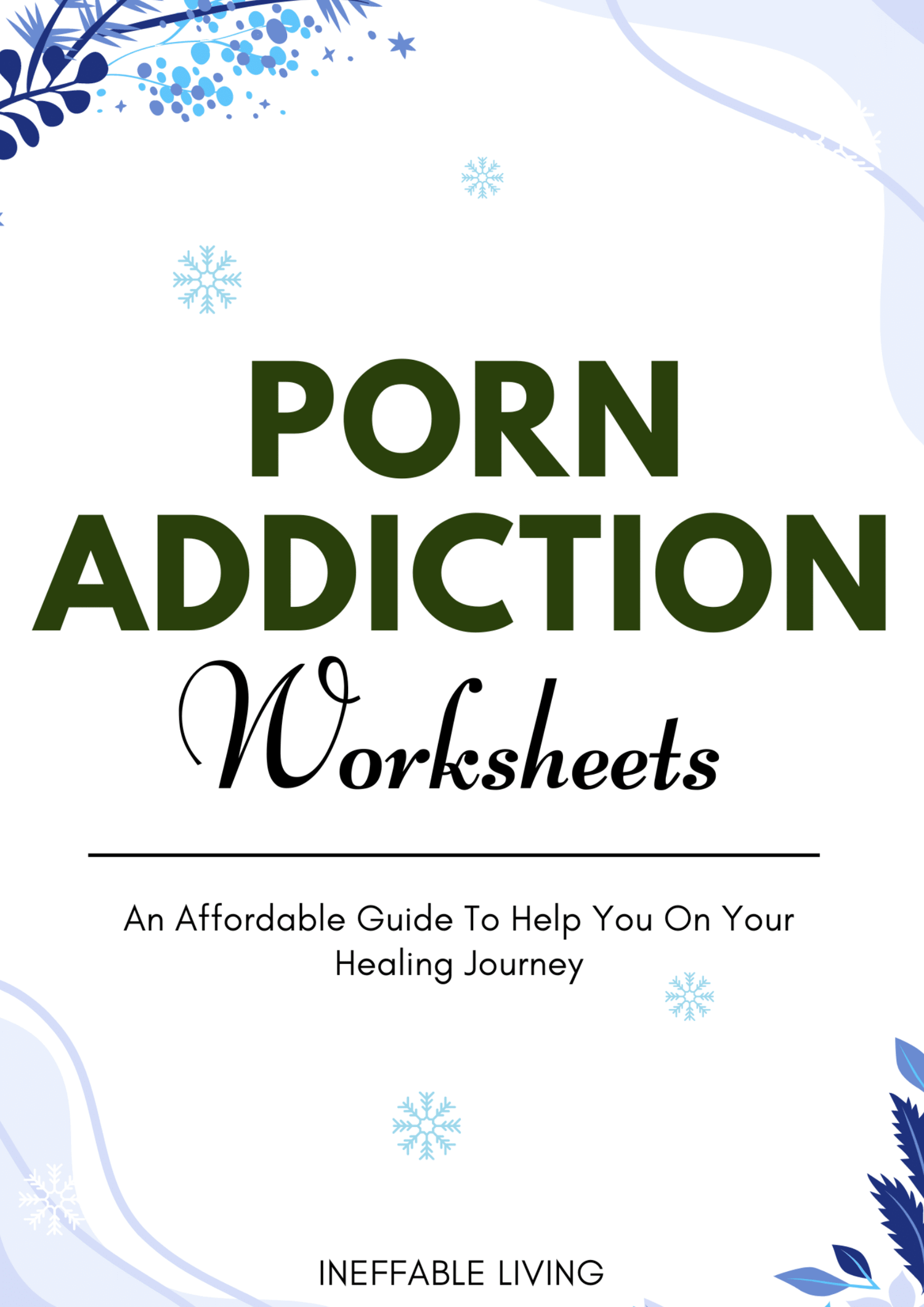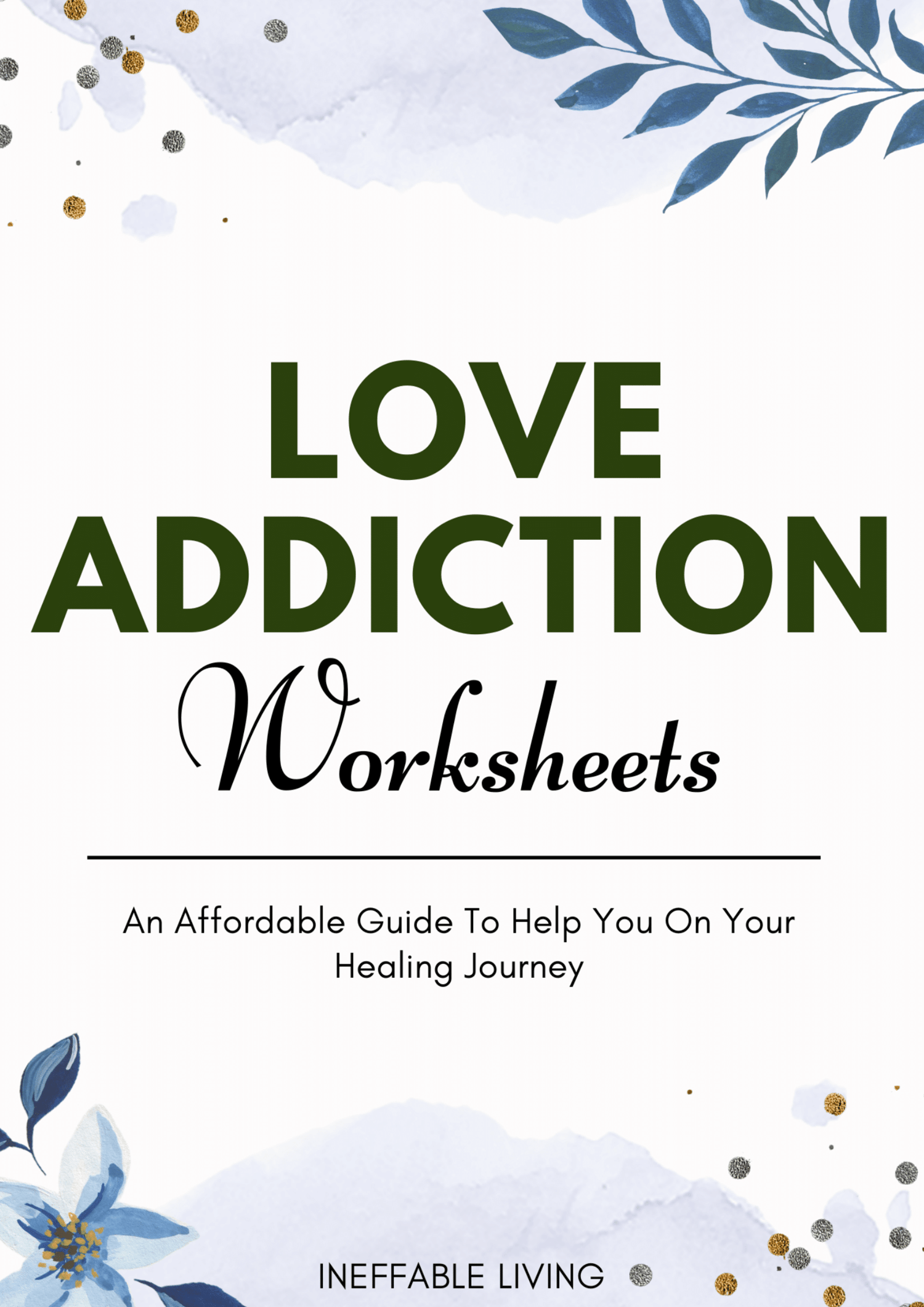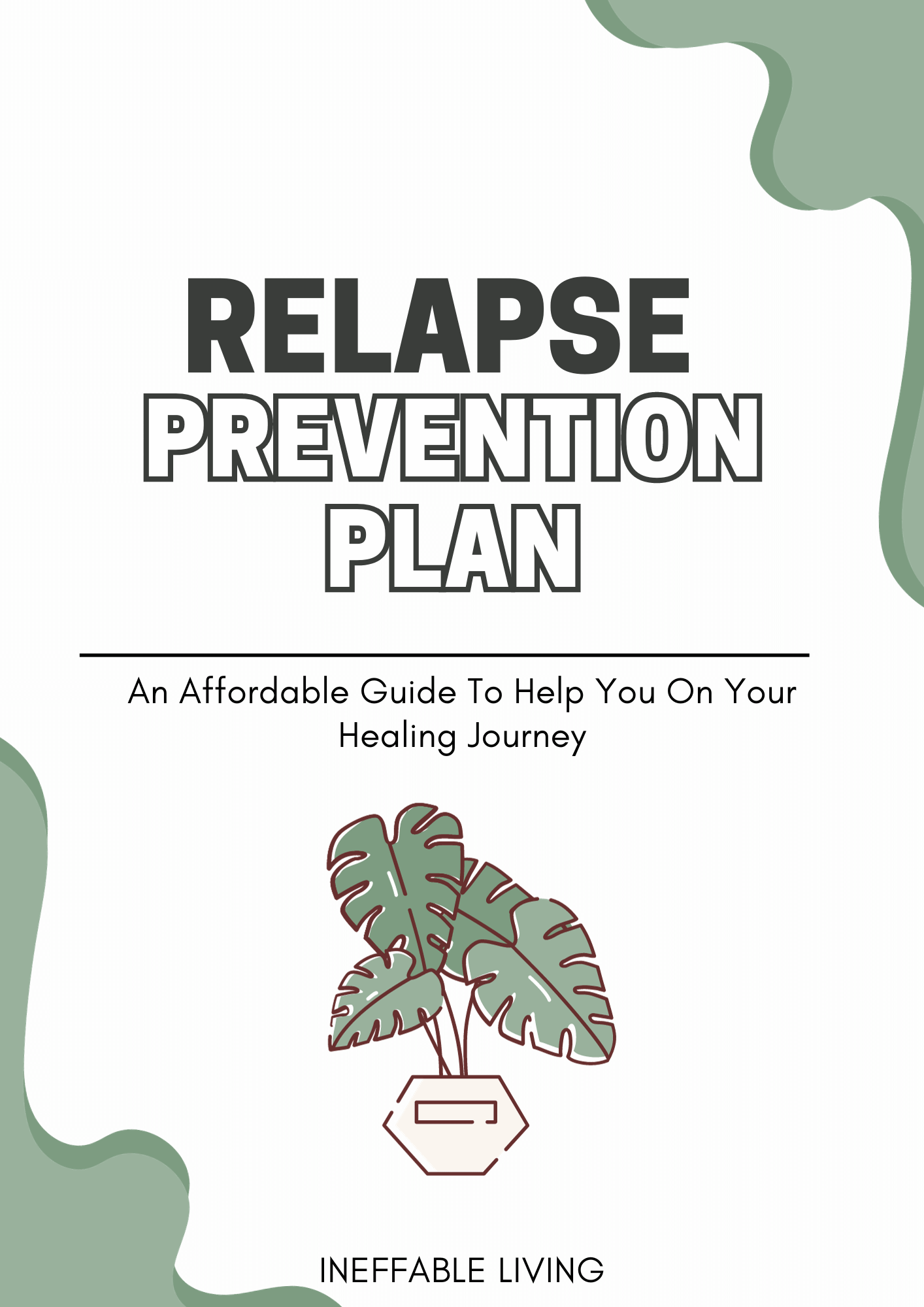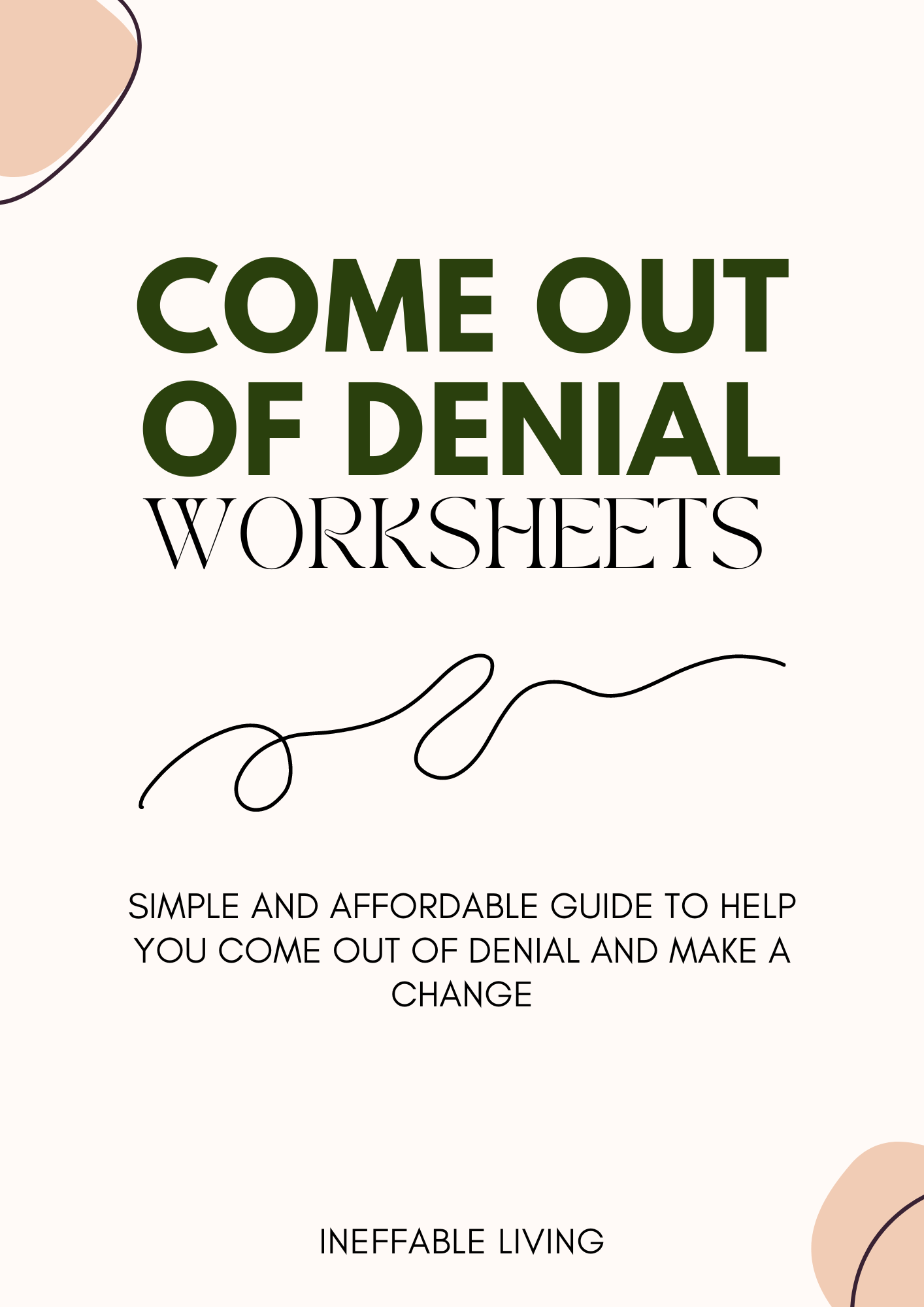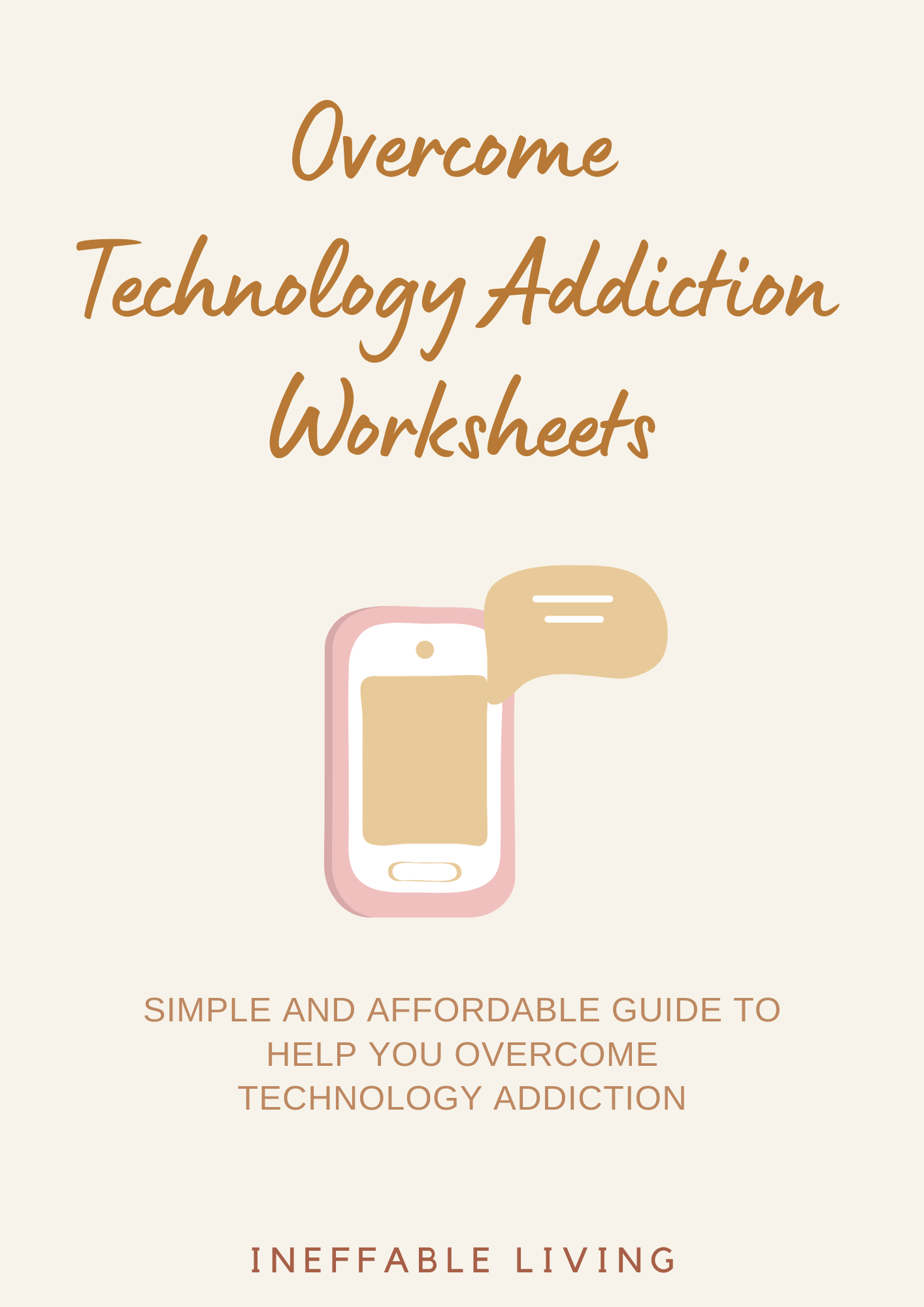Addiction recovery isn’t just about quitting a substance or behavior — it’s about rebuilding your relationship with yourself, your emotions, and your life. Whether you’re battling substance use, compulsive behaviors, or emotional dependencies, healing is possible — and you don’t have to do it alone.
Worksheets offer a grounded, practical way to support your recovery at every stage, from awareness to action to long-term growth.
- 1. Addiction Recovery Worksheets
- 2. Porn Addiction Worksheets
- 3. Love Addiction Worksheets
- 4. Relapse Prevention Plan
- 5. Denial Worksheets
- 6. Overcome Technology Addiction Worksheets
- Why Addiction Recovery Takes More Than Willpower
- What Can Addiction Recovery Worksheets Help With?
- Using Worksheets Alongside Your Recovery Path
- You Don’t Have to Be “Fixed” to Start Healing
1. Addiction Recovery Worksheets
Build the foundation of your healing with practical tools for managing triggers, cravings, and emotional ups and downs.
2. Porn Addiction Worksheets
Break free from compulsive patterns with guided reflection and healthy coping strategies to support long-term change.
3. Love Addiction Worksheets
Heal dependency on unhealthy relationships and rebuild your self-worth with empowering, eye-opening prompts.
4. Relapse Prevention Plan
Stay prepared and protected with a clear, customizable action plan to avoid setbacks and stay on track.
5. Denial Worksheets
6. Overcome Technology Addiction Worksheets
Why Addiction Recovery Takes More Than Willpower
Addiction is complex. It often involves physical dependency, emotional pain, trauma history, and habits wired deep into the brain. That’s why recovery needs more than motivation — it requires tools.
Worksheets are one of those tools:
- They help you understand the “why” behind your behaviors
- They provide structure when everything feels chaotic
- They give you a non-judgmental space to reflect, plan, and grow
Whether you’re in therapy, in a support group, or navigating recovery on your own, worksheets are a portable, private, and powerful resource.
What Can Addiction Recovery Worksheets Help With?
Here are just a few areas these worksheets cover:
Identifying Triggers: Learn what people, places, emotions, or thoughts lead to cravings or relapse — and how to interrupt the cycle.
Coping with Cravings: Discover tools like urge surfing, delay tactics, distraction lists, and sensory regulation to help ride out cravings without acting on them.
Shame and Self-Compassion: Unpack the shame that often follows addiction and begin replacing it with understanding and self-forgiveness.
Relapse Prevention Planning: Create a clear, realistic strategy for recognizing red flags and responding in healthy ways before a slip turns into a setback.
Emotional Regulation: Learn to sit with discomfort, process difficult feelings, and respond rather than react.
Rebuilding Identity: Begin reconnecting with who you are without the addiction — your values, goals, and strengths.Rewriting Thought Patterns: Challenge the negative or rigid thoughts that keep you stuck in destructive loops and replace them with more balanced perspectives.
Using Worksheets Alongside Your Recovery Path
You can use these worksheets:
- In between therapy sessions to deepen your self-work
- During support group recovery steps (like 12-step reflection or journaling)
- At moments of crisis to help ground and redirect your energy
- As part of your morning or evening routine for check-ins and goal setting
Tip: Keep a recovery binder or folder to track your progress and celebrate even the smallest wins. Healing is non-linear — reflection helps you see just how far you’ve come.
You Don’t Have to Be “Fixed” to Start Healing
Perfection is not the goal — progress is.
If you’ve relapsed, feel stuck, or are just starting out, know this: it’s okay. You’re allowed to take small, meaningful steps forward. These worksheets are here to meet you where you are — whether you need help with emotional pain, daily structure, or just something to hold onto when things feel too heavy.

Read Testimonials –> HERE
FAQs
Can I use the worksheets with my therapy clients?
Absolutely! The worksheets are meant for both, personal and professional use.
The worksheets are copyrighted so you can’t resell them or upload them publicly online. But you can share them with your clients.
Can I make changes to the files before handing them down to my clients?
Absolutely! You can convert your PDF files to word documents and make changes using free tools like pdf2doc.com.
How do I know if these worksheets are right for me?
These worksheets are perfect for anyone who needs an affordable, yet effective strategies to help them increase their self-awareness and work on their own issues – alone or with their therapist.
These worksheets are not a one-size-fits-all approach and are in no way meant to imply that change is as one-dimensional as a worksheet.
So choose the techniques and suggestions that apply to you and tailor the exercises in ways that will be helpful to you.
Can I use these worksheets on my own or should I seek professional guidance?
These worksheets are designed to be helpful on their own. However, seeking professional guidance from a mental health professional can increase their effectiveness.
How do I use mental health worksheets effectively?
1. Set aside dedicated time: Find a quiet and comfortable space where you can focus on yourself without distractions. Treat this as valuable self-care time, just like you would for any other important appointment.
2. Choose the right worksheet: There are numerous worksheets available, each offering unique exercises and prompts. Consider your specific needs and goals. Are you looking to enhance self-awareness, manage stress, or improve your relationships? Select a worksheet that aligns with your current focus.
3. Read instructions carefully: Take a moment to fully understand the purpose and instructions of the worksheet. Clarify any questions you may have before proceeding.
4. Engage in self-reflection: Set pen to paper and let your thoughts flow. Don’t worry about perfection or judgment – this is your private space to express yourself authentically. Be honest with yourself and explore your emotions, thoughts, and experiences without restraint.
5. Reflect on your insights: After completing the worksheet, take some time to reflect on what you have learned about yourself. Consider any patterns or triggers that impact your mental well-being. Identify areas where you can implement positive changes or coping strategies.
6. Incorporate your insights into daily life: The true value of mental health worksheets lies in applying your newfound awareness and insights to your everyday life. Consider how you can integrate these insights into your relationships, self-care routines, and overall well-being.
When should I see a therapist?
These worksheets are designed to help you better understand yourself, your distress, and your difficulties.
You can use it in conjunction with therapy or as a stand-alone guide to manage your distress.
These worksheets can be considered a low-intensity intervention. They’re perfect for those who are struggling with mild to moderate issues.
In mental health, mild to moderate symptoms are those that are severe enough to be distressing to you, but moderate enough that you can still manage most of your daily activities.
If you feel very overwhelmed by any of the exercises in these worksheets, this might be a sign that your symptoms are too severe for you to do the work by yourself.
A therapist will help you at your own pace and provide support and encouragement throughout the process.
Do you have more questions? Check this page –> FAQs
